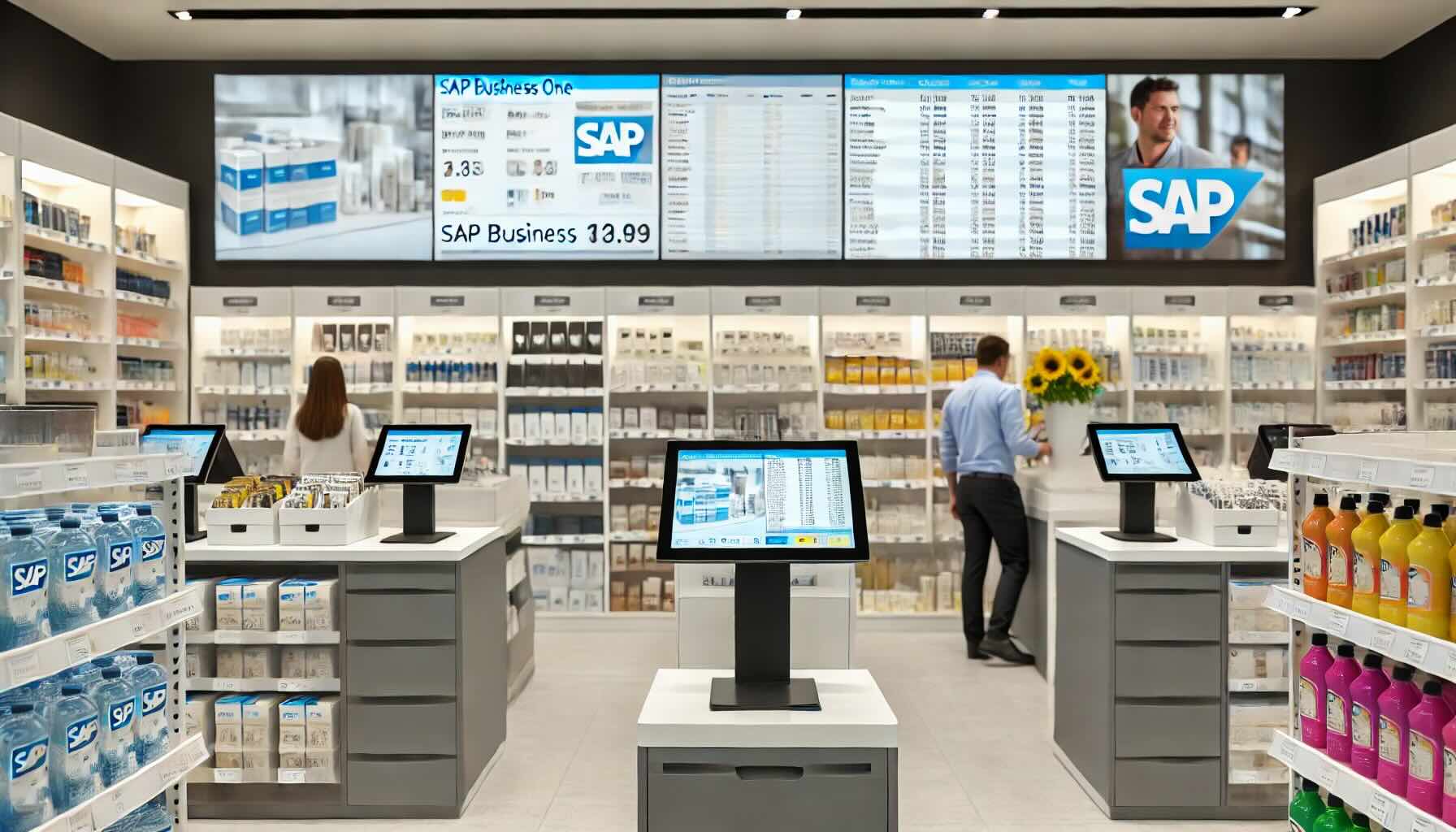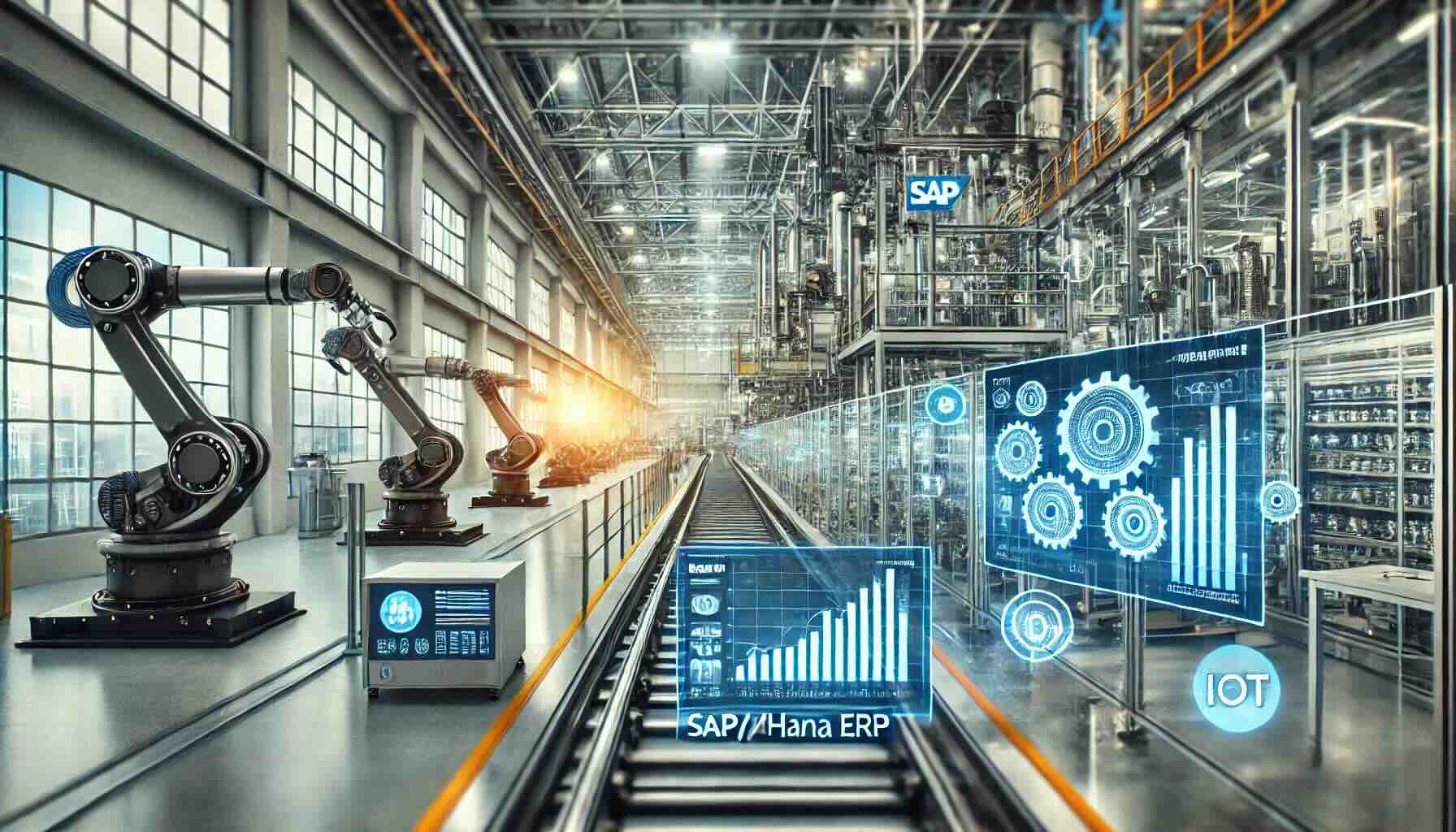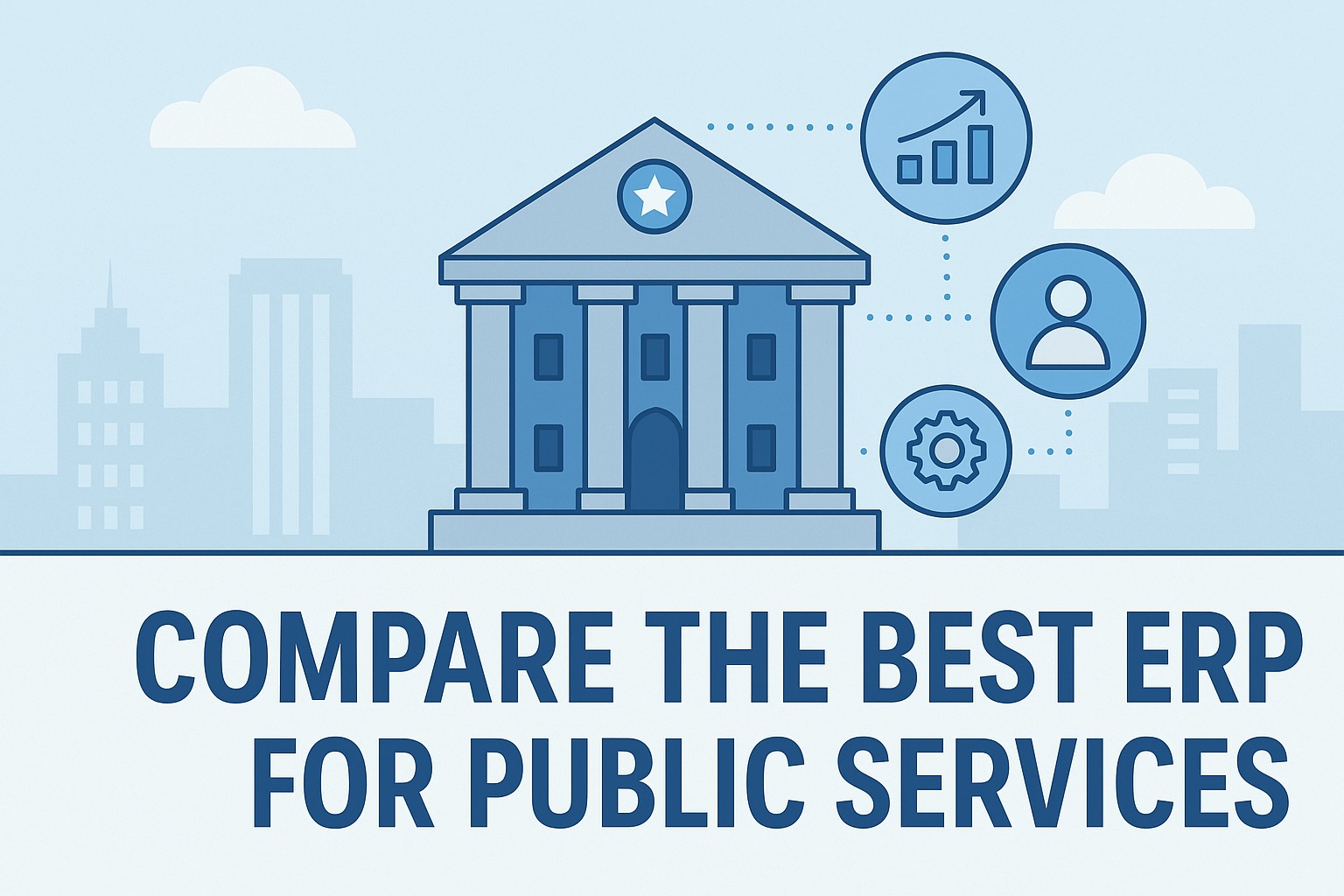The Role of SAP S/4HANA ERP for Transport and Logistics

In today’s fast-paced and highly interconnected global economy, the transport and logistics industry stands as the backbone of supply chain operations. Yet, the sector faces immense challenges, including fluctuating fuel prices, labor shortages, complex regulatory landscapes, and the rising demand for faster, more efficient deliveries. To navigate these complexities and gain a competitive edge, businesses need advanced, integrated systems. SAP S/4HANA ERP for transport and logistics emerges as a transformative solution, offering powerful tools to streamline operations, optimize resources, and drive data-driven decision-making.
This blog explores how SAP S/4HANA ERP is uniquely positioned to address the specific needs of the transport and logistics industry and why it should be at the forefront of every senior executive’s digital transformation agenda.
Industry-Specific Capabilities of SAP S/4HANA for Transport and Logistics
1. Integrated Transportation Management
At the heart of any logistics operation is the ability to efficiently plan, execute, and monitor transportation activities. SAP S/4HANA integrates seamlessly with SAP Transportation Management (SAP TM), enabling companies to manage transportation across multiple modes—road, rail, air, and sea. Key features include:
- Route optimization: Minimize costs and enhance delivery times by identifying the most efficient routes.
- Freight cost management: Automate cost calculations, freight settlement, and contract negotiations.
- Real-time tracking: Ensure end-to-end visibility of shipments, reducing delays and enhancing customer satisfaction.
This integration eliminates silos between logistics, warehousing, and procurement, ensuring a smooth flow of goods from origin to destination.
2. Warehouse and Inventory Optimization
SAP S/4HANA ERP provides advanced warehousing capabilities through its Extended Warehouse Management (EWM) system. EWM offers:
- Inventory accuracy: Real-time stock updates reduce discrepancies and overstocking.
- Automation: Integration with IoT devices and robotics improves picking, packing, and sorting efficiency.
- Scalability: Handle complex warehousing needs, whether for small regional hubs or sprawling global distribution centers.
Efficient warehouse management is critical for transport and logistics firms aiming to meet just-in-time delivery expectations and minimize operational costs.
3. Fleet Management Excellence
For companies managing fleets, SAP S/4HANA integrates with SAP Vehicle Insights to provide actionable insights into fleet operations. This capability includes:
- Predictive maintenance: Prevent breakdowns by monitoring vehicle health.
- Fuel efficiency tracking: Optimize fuel usage to reduce costs and environmental impact.
- Driver performance: Enhance safety and efficiency by analyzing driver behavior.
With a focus on cost savings and sustainability, SAP’s fleet management tools align with the growing emphasis on green logistics.
4. Advanced Analytics and AI
One of SAP S/4HANA’s standout features is its ability to harness in-memory computing to deliver real-time analytics. For the transport and logistics industry, this translates into:
- Predictive insights: Anticipate disruptions, such as weather-related delays or demand spikes, and adjust plans accordingly.
- Profitability analysis: Drill down into route, customer, and shipment profitability to optimize pricing strategies.
- AI-driven recommendations: Leverage machine learning to identify trends and suggest process improvements.
By turning data into actionable insights, SAP S/4HANA empowers businesses to make informed decisions that improve service levels and operational efficiency.
Key Strengths of the SAP S/4HANA Product Portfolio
Scalability and Flexibility
SAP S/4HANA ERP is designed to grow with your business. Whether you are a regional logistics provider or a global freight forwarding enterprise, the platform adapts to your needs. Its modular structure allows businesses to implement features incrementally, minimizing disruption.
Industry-Specific Solutions
SAP offers preconfigured solutions tailored to the transport and logistics industry. These industry accelerators speed up implementation, reduce costs, and ensure best practices are built into every deployment.
Cloud and Hybrid Options
SAP S/4HANA supports deployment in the cloud, on-premises, or as a hybrid model, offering flexibility to meet varying IT strategies and compliance requirements. Cloud-based options enable quicker updates, scalability, and lower upfront costs, making digital transformation more accessible.
Sustainability Reporting
As environmental concerns grow, transport and logistics companies face mounting pressure to reduce their carbon footprint. SAP S/4HANA includes tools for tracking and reporting on emissions, energy consumption, and sustainability metrics. These features help businesses meet regulatory requirements and achieve green objectives.
Robust Ecosystem
The SAP ecosystem extends beyond the core ERP, with integrations into SAP Ariba for procurement, SAP Fieldglass for workforce management, and SAP Concur for travel and expense management. This interconnected network creates a unified digital backbone for the entire supply chain.
Why SAP S/4HANA ERP is a Strategic Imperative for Transport and Logistics
Adopting SAP S/4HANA ERP for transport and logistics is more than a technological upgrade; it’s a strategic move to future-proof your business. The platform’s ability to deliver real-time visibility, streamline operations, and harness cutting-edge technologies positions it as a key enabler of competitiveness in a rapidly evolving market.
With rising customer expectations for faster, greener, and more reliable logistics services, the need for innovation is urgent. SAP S/4HANA ERP empowers transport and logistics companies to not only meet these demands but exceed them, turning operational challenges into opportunities for growth and differentiation.
Conclusion
For senior business leaders in the transport and logistics sector, SAP S/4HANA represents a golden opportunity to drive efficiency, enhance customer satisfaction, and achieve sustainable growth. Its comprehensive suite of industry-specific tools, combined with its scalability, analytics capabilities, and sustainability focus, make it an indispensable asset in the race for digital transformation.
To find out more about SAP S/4HANA you can visit this link.
To compare SAP S/4HANA with 100s of other ERP solutions, you can use our new AI-powered Compare ERP tool. It’s free to use and you get a guaranteed discount on your first year’s licence fees with a referral from Compare ERP.








